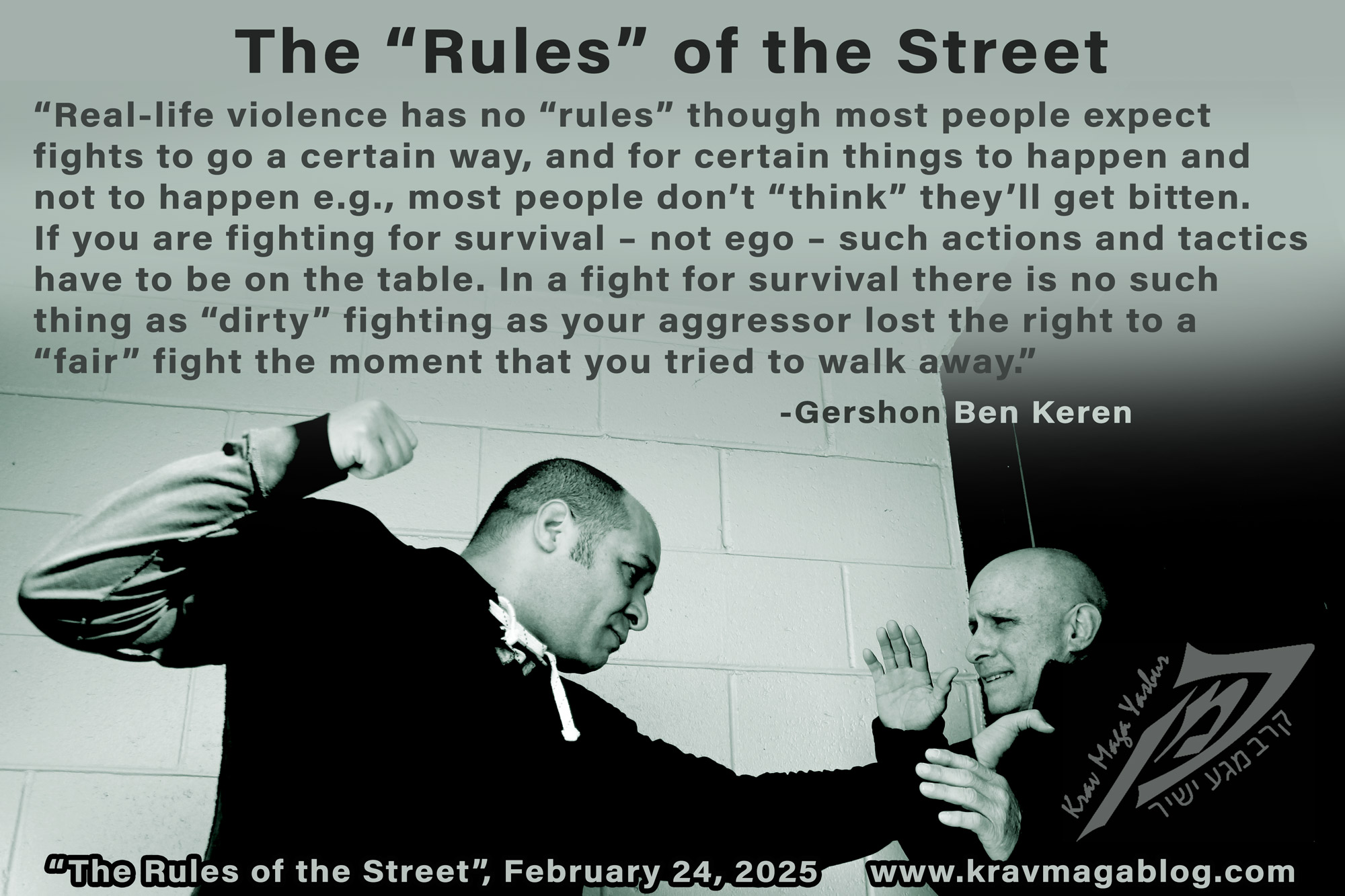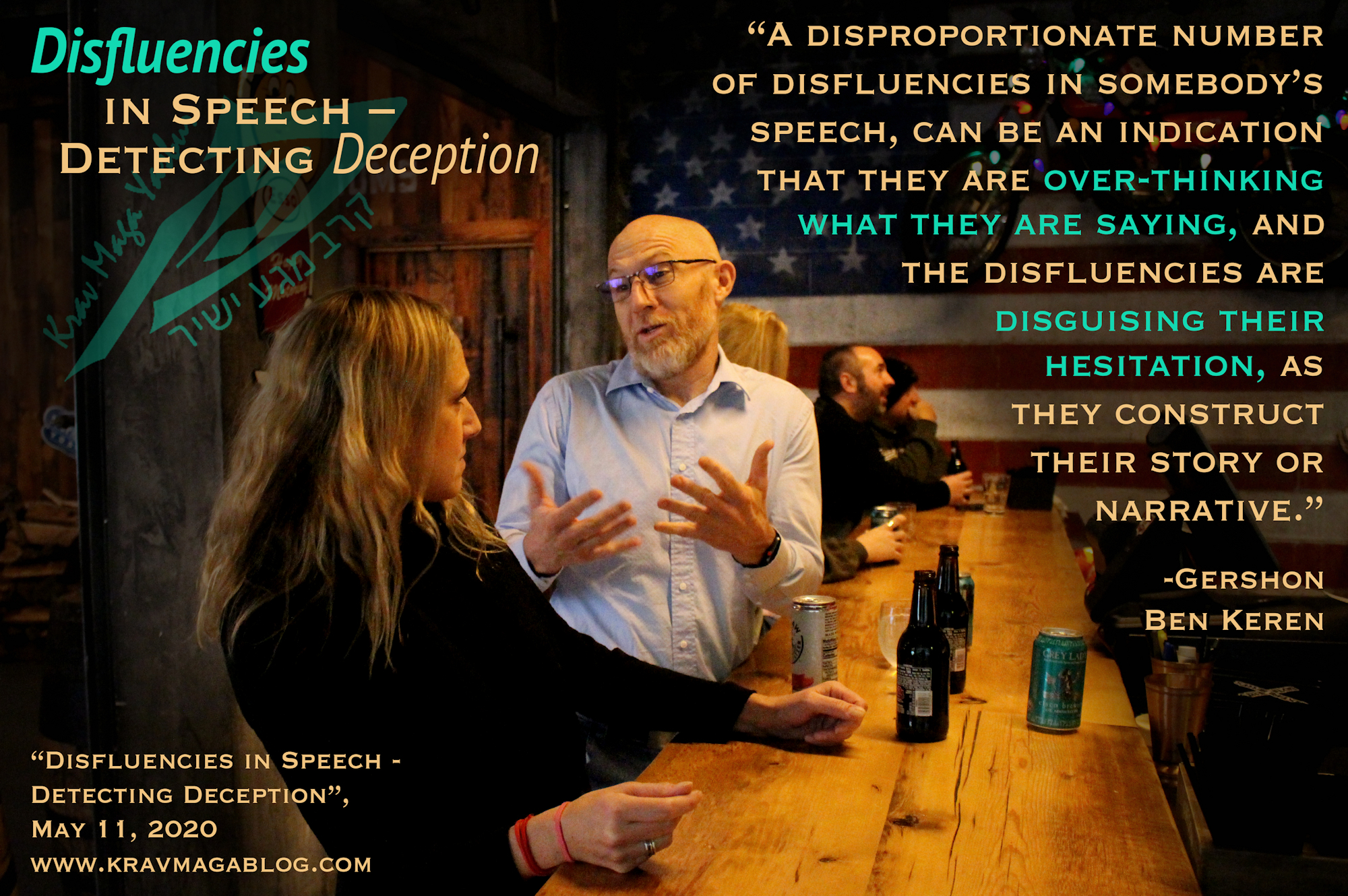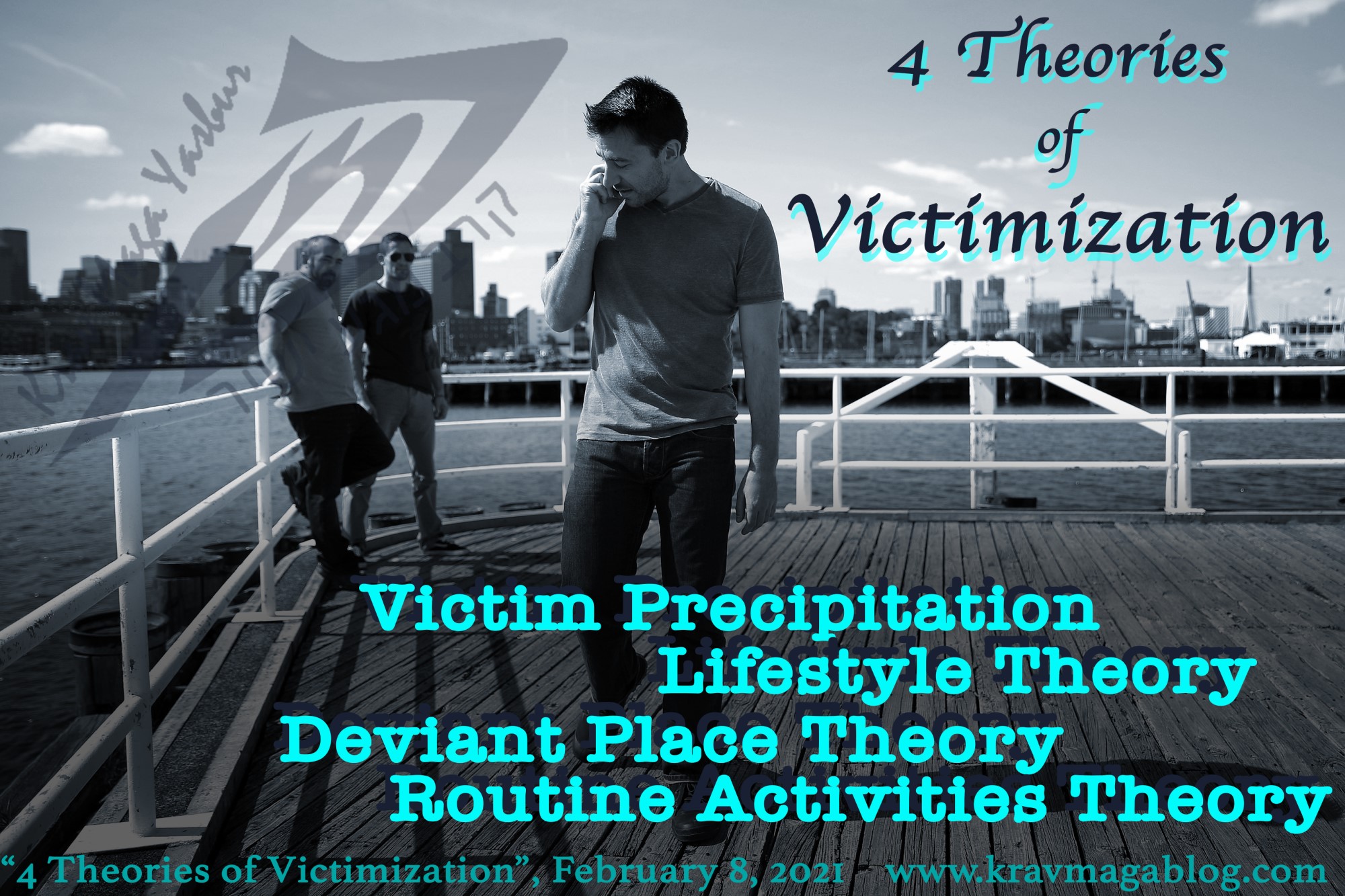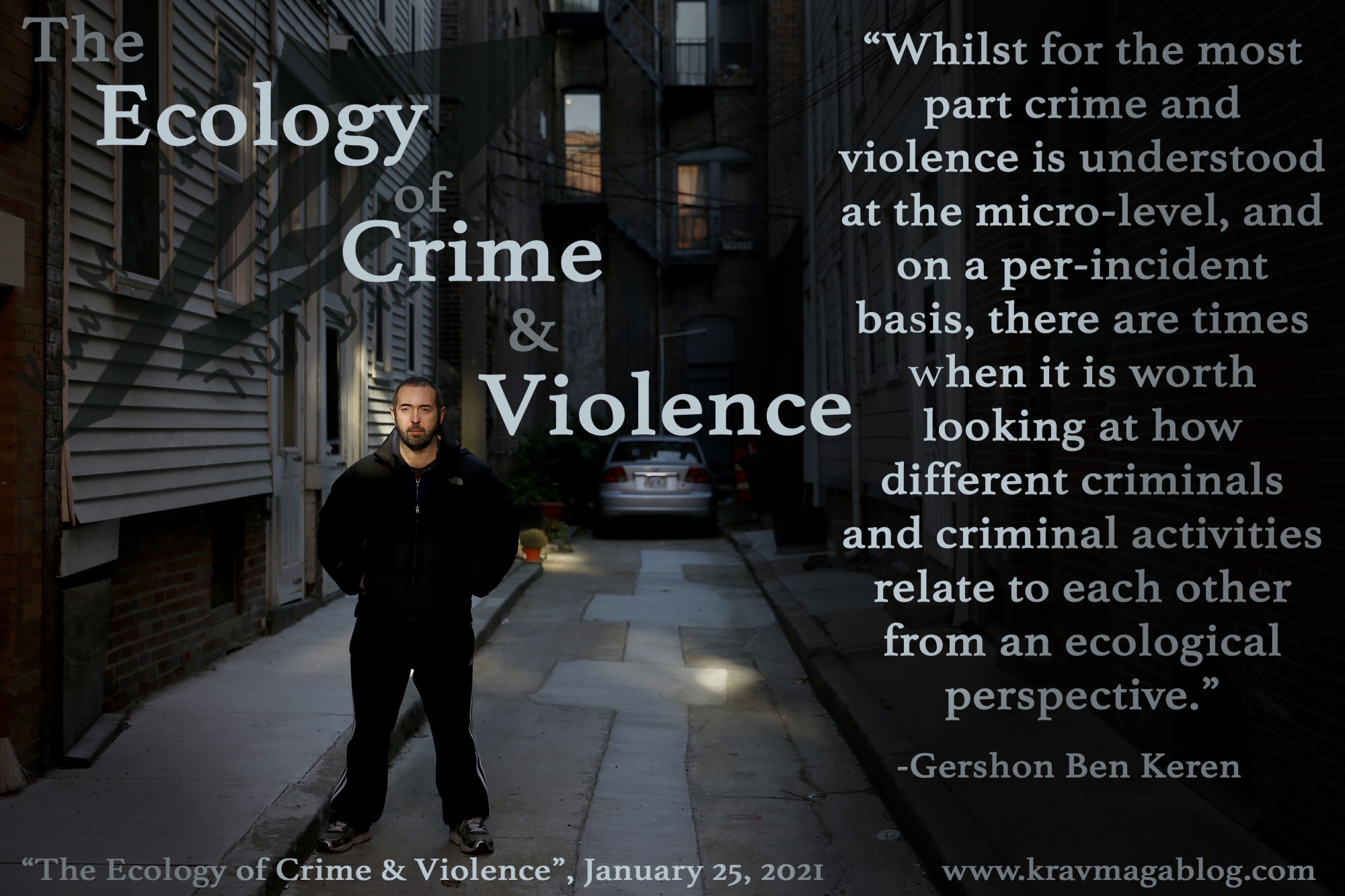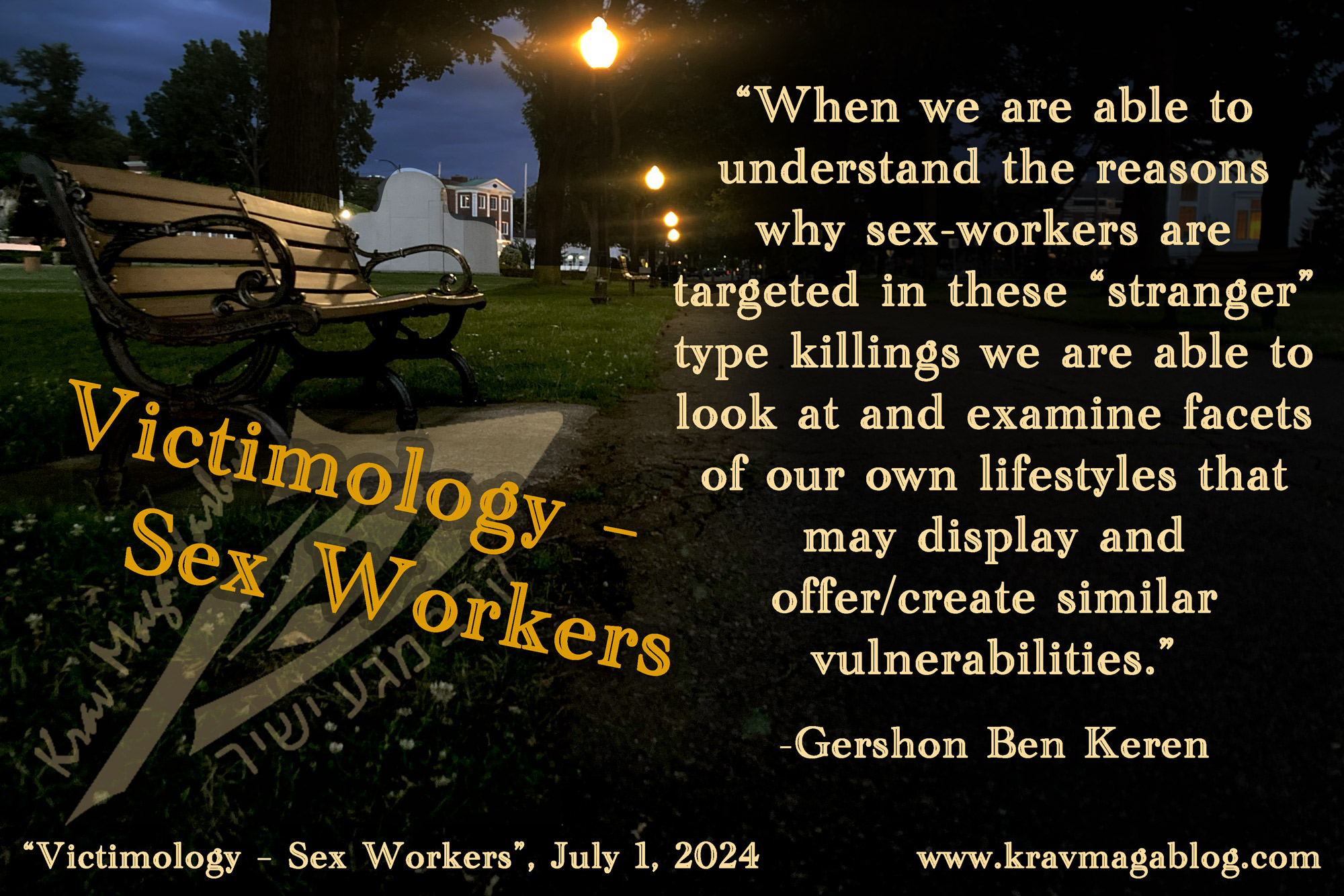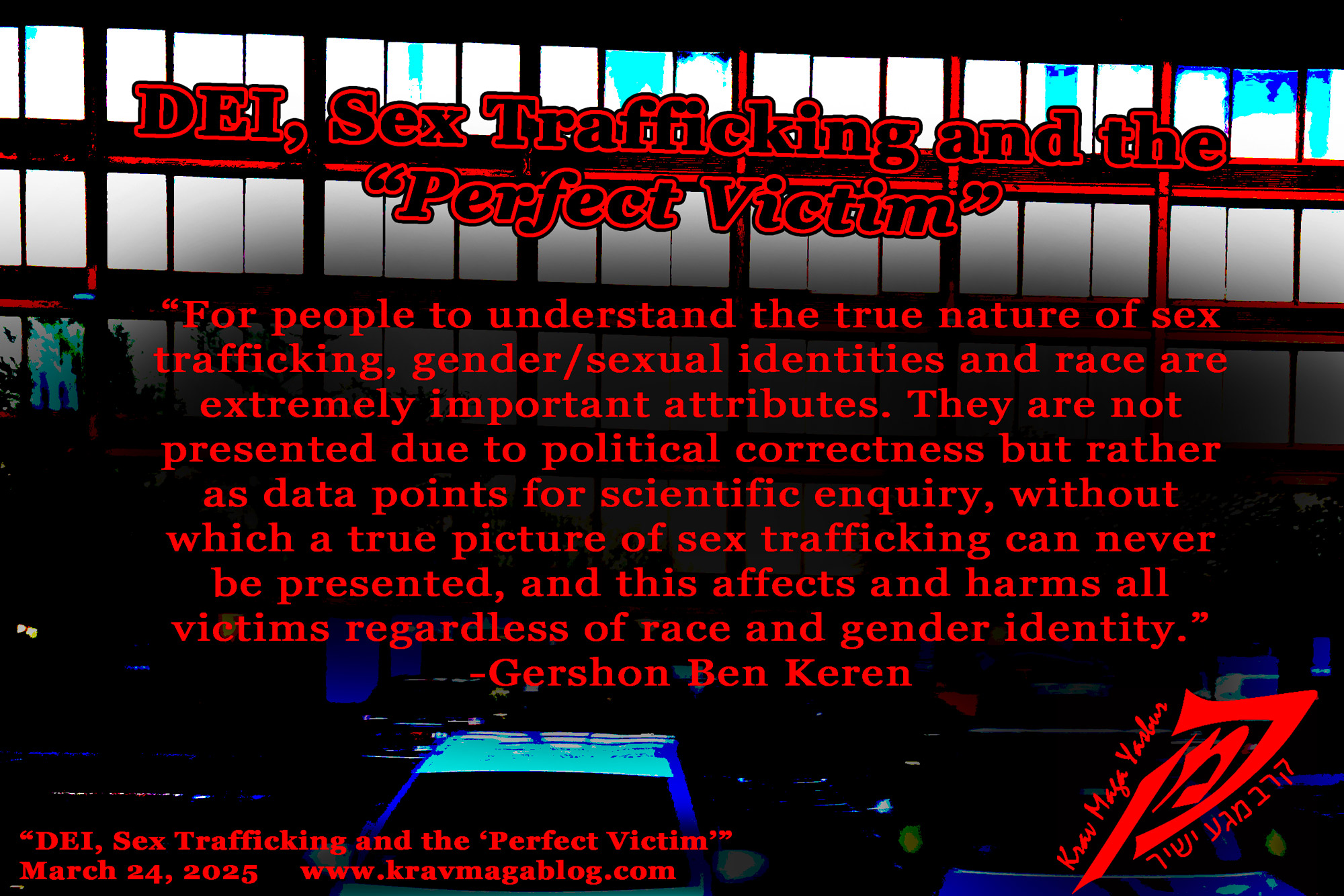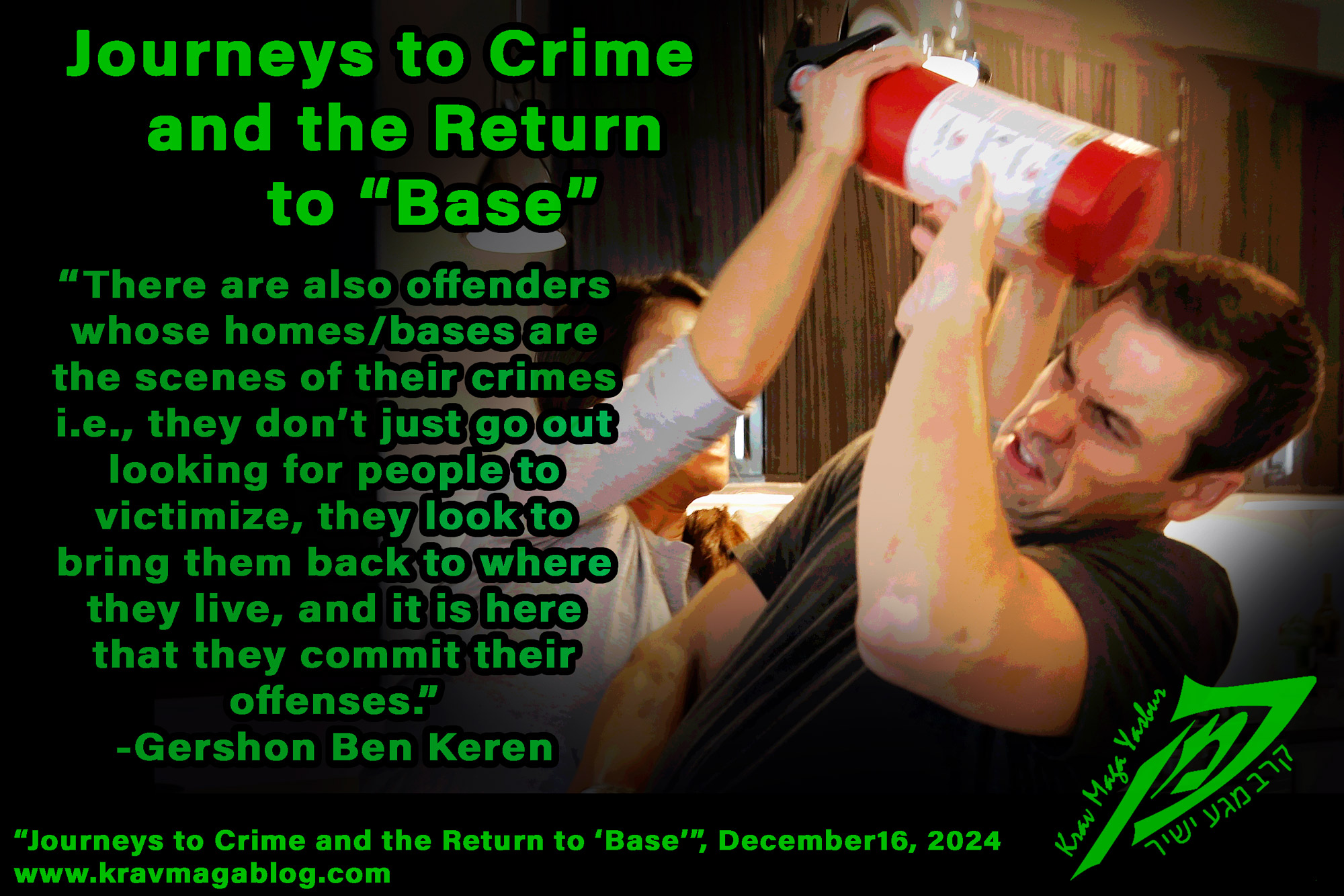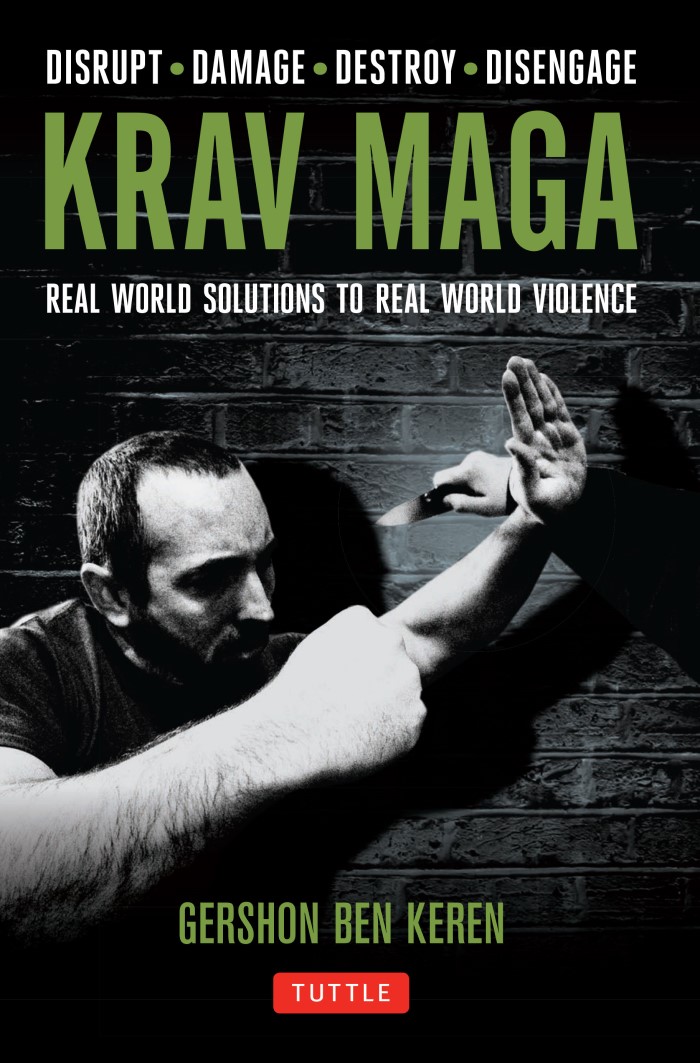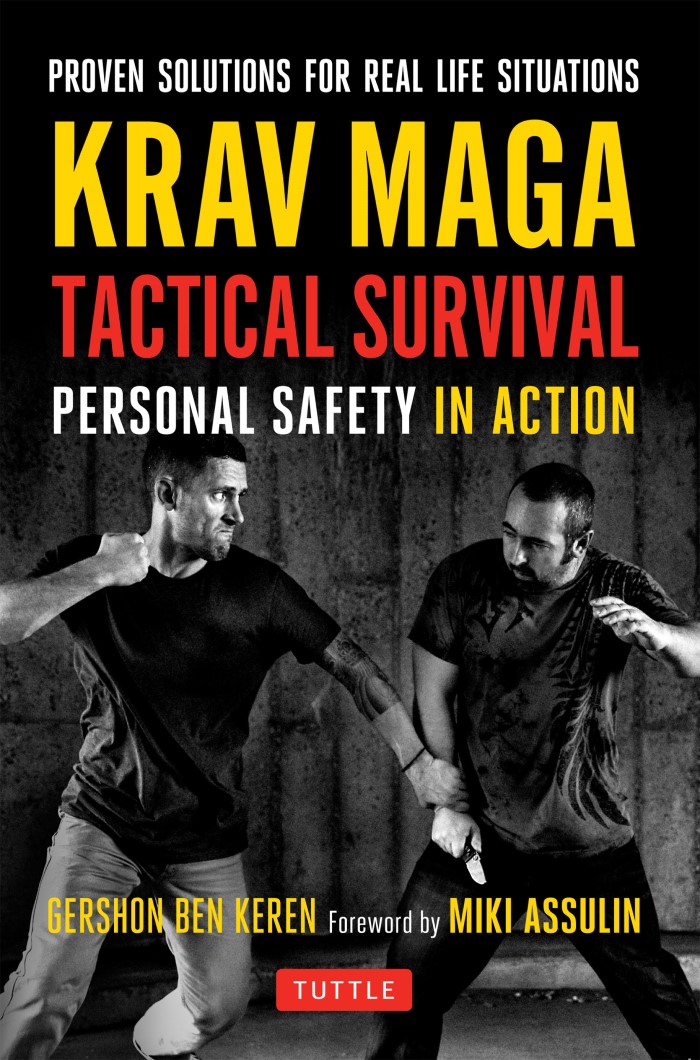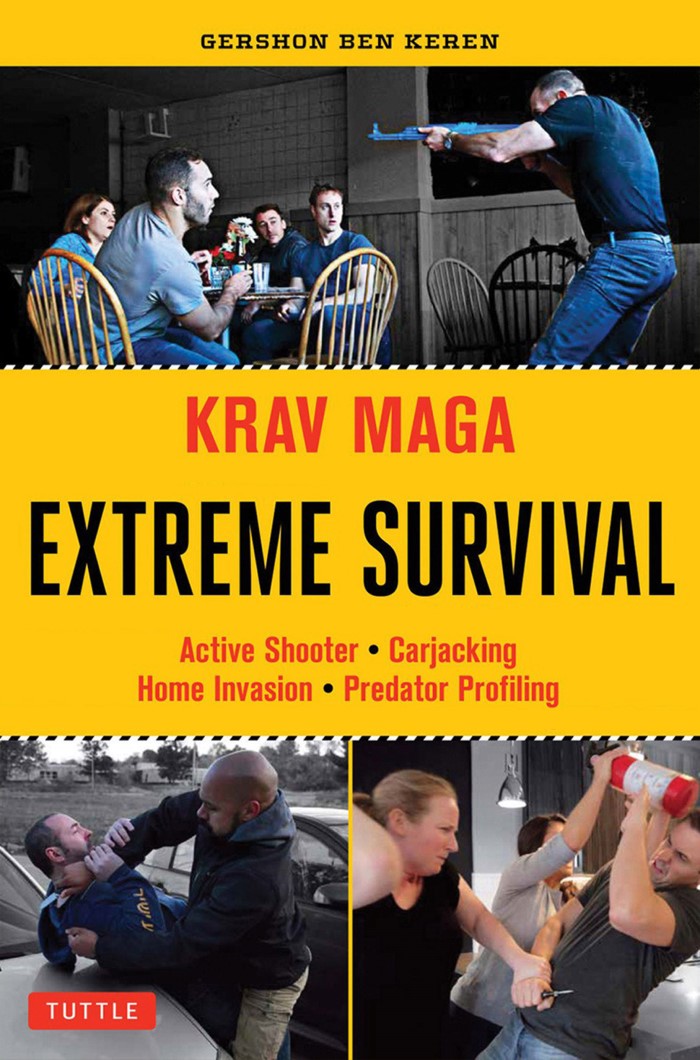Victimology – Sex Workers, is an article written by Gershon Ben Keren, a 5th Degree Black Belt in Krav Maga, who teaches Krav Maga in Boston, MA. He has also authored three Amazon best-Selling Books on Krav Maga.
In last week’s article (click here to access), I looked at using geographical profiling as a means to help limit the potential number of suspects, who could have been Jack the Ripper – an unidentified serial killer who targeted women in the Whitechapel area of London in the late 19th century; a “cold case” that has been the obsession of the media and amateur sleuths for decades. In this article I want to look at the “victimology” concerning his offenses i.e., who did he target and why etc. Specifically, I want to look at why sex workers are often targeted by serial killers, and what it is about their lifestyles and work that makes them a particularly vulnerable population. Whilst it was assumed at the time – and this assumption continues to this day - that Jack the Ripper exclusively targeted sex-workers, there is no actual evidence that this is true concerning all of his victims, and this “judgment”/belief may have been the result of a Victorian, societal and moralistic perception than any homeless woman living on the street must have been a sex worker. However, at least some of the Ripper’s victims were known to have engaged in sex work and this population is a common target for many serial killers including Gary Ridgeway (the Green River Killer – active in the U.S., through the 1980’s to 2001), Robert Pickton (a Canadian who is known to have committed offenses between 1983 and 2002), Peter Sutcliffe (the Yorkshire Ripper, who killed thirteen women, and attempted to kill seven more, in the UK, between 1975 and 1980), and Tommy Lynn Sells (who was active between 1980 and 1999 in the US) etc. When we are able to understand the reasons why sex-workers are targeted in these “stranger” type killings we are able to look at and examine facets of our own lifestyles that may display and offer/create similar vulnerabilities.
N.B., it is worth noting that sex work isn’t illegal – criminal – in all jurisdictions. In Australia sex work is legal in all states according to certain regulations. In the UK, an individual working from their home, can offer sexual services legally, however it is illegal for a person – a pimp – to live off of what are often referred to as “immoral earnings” etc., and operating public spaces, except in a few designated areas, is illegal. In the U.S., sex work is legal in Nevada, with brothels being permitted in counties where the population is under 700 000.
When serial killers target sex-workers they usually target those who work in public spaces, rather than those who work/operate in private e.g., from a house/room etc. Those who engage in sex work know that operating in a public space is far more dangerous and riskier than working in a private space etc. Also, when doing so, sex-workers are often alone and isolated. Whilst to an extent they may form small communities that look out for each other, when they are working, they will often spread out – working a particular street segment – in order to avoid competing with each other etc. The transactional nature of their work means that they have to interact with strangers, which means they are accessible targets i.e., an offender doesn’t have to come up with a “cover story” for approaching them – the nature of their work means they attract strangers. There is also an accepted “anonymity” between sex workers – who work publicly and illegally – between themselves and their clients; both parties are trying/attempting to remain undetected by the authorities. This makes those who engage in this type of work extremely vulnerable to other types of crime e.g., a sex worker is unlikely to report to law-enforcement when they are assaulted, robbed, or even raped; just because someone is a sex worker doesn’t mean that they automatically consent to all and any sexual acts that someone might demand of them etc. It is also estimated that around 80% of women engaged in sex work are doing so to support some form of addiction, whether that be heroin or crack cocaine etc. When it comes to substance abuse, this is more likely to be crack, or some other substance, as heroin lowers a person’s sex-drive, at a hormonal and nervous system level, to the point where any sexual acts, become physically repulsive. It may be that an individual engages in sex work to support an existing habit, or does so for other reasons, and then develops a habit in order to cope with and manage their work etc. Regardless of the reason as to why they began taking drugs, once addicted, they may become less risk-averse in order to support it e.g., interacting with clients who they don’t feel “safe” with because they need the money etc.
One of the other reasons that serial killers, looking for a supply of victims, target sex-workers who operate in public spaces, is that they perceive them to be individuals who are less likely to be missed by others i.e., the investigation into a person’s disappearance is more likely to be delayed or even ignored. There is some truth to this however it ignores the fact that a significant number of those who engage in sex work do so on a “part-time” basis; according to estimates, between 20% and 50% of sex workers aren’t doing so on a full-time basis and use their earnings to supplement a “legal” income; in many cases a partner may not know that this is the case. This often makes those that are “new” to this type of work and are doing it on a “part-time” basis especially vulnerable. This is because they both lack experience, and aren’t part of a larger community of sex workers who may trade information about clients who pose a risk etc. In many cities, female students may engage in sex work as a means to support themselves through college/university e.g., in a self-report study conducted in Berlin out of 4386 students questioned, 226 identified as having engaged in sex work on a regular/semi-regular basis. It is understood that Julie Dart who was kidnapped and killed by Michael Sams, was working as a part-time sex worker in Leeds (UK) – she had a full-time job as a secretary - and was “selected” because she was relatively new and inexperienced and didn’t pick up on the warning signs that more experienced workers had recognized. So, whilst the perception by serial killers, that most sex-workers, may be isolated individuals, who lack a strong social support network etc., may be largely correct there is a significant percentage who work in this industry, who do have partners and are well supported by friends and family etc., and would be missed if they suddenly disappeared.
Unfortunately, serial killers often educate themselves regarding other killers’ campaigns, and if a previous killer, appears to have been “successful” targeting a particular group or population, this may serve as a “template”. Also, it shouldn’t be overlooked, that targeting sex-workers gives a killer the opportunity to take the moral “high ground”. Peter Sutcliffe justified his killings of sex-workers, both to himself, and others, as being part of a moral crusade to rid the world of an indecent population etc. If we can present ourselves to the world as people who are socially connected and socially valued we can do a lot to avoid the unwanted attention of those who may mean us harm.
0 COMMENTS
